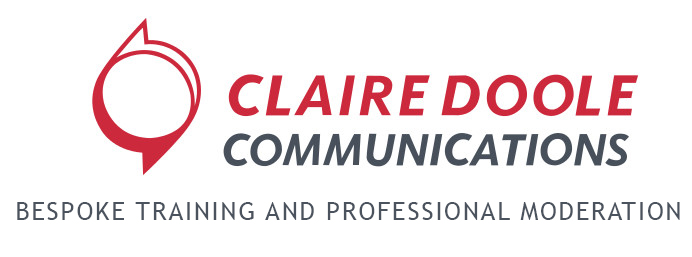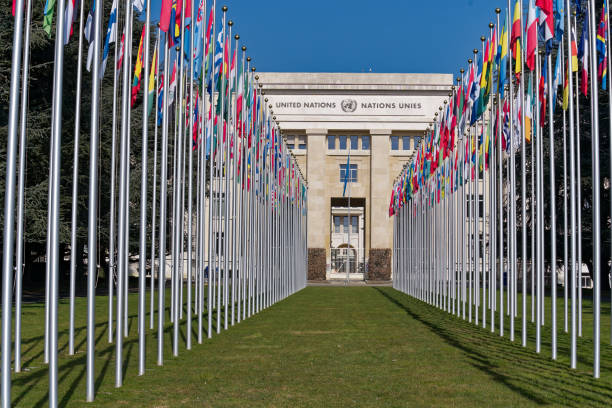Geneva brands itself as the humanitarian capital of the world. Its ecosystem of UN agencies, international organisations and NGOs contribute to what is known as “International Geneva”. Yet since the arrival of President Trump in the Oval Office, international Geneva has been facing an existential crisis.
Many of these organisations depend heavily on US funding – in some cases it accounts for up to 25% of their budget. On top of this European donors are shifting development budgets to military spending and the UN has itself launched an initiative – UN80 – to downsize in order to be more efficient.
In these uncertain times, leadership communication is more important than ever.
Heads of organisations are having to make tough decisions on the programmes they cut, the contracts they don’t renew and the people they fire. According to local media 30,000 jobs are expected to go.
In times of crisis the ways leaders communicate can determine whether people feel trust, clarity and resilience or confusion and fear. More generally if done well it can drive change and enhance performance. Successful leaders influence guide and inspire others towards a share goal.
It is not just what they say, but how they listen, connect, motivate and align their message with their actions.
I have coached and trained senior managers, directors and the C-suite in how to master leadership communication, based on many years’ experience as an international journalist and spokeswoman handling crises.
Below are some of the top tips in how to communicate to your team or at a Town Hall during a time of crisis or significant change:
1. Be transparent and honest – share what you know, what you don’t know and what you are doing to find out. Avoid sugarcoating as this can dent your credibility later on.
2. Communicate frequently – in a crisis, silence creates uncertainty so provide regular updates.
3. Show empathy – acknowledge fears and anxiety by using language that connects emotionally such as “I know this is difficult for many of you …”
4. Be clear and concise by focusing on the essentials of what people need to know, feel and do.
5. Summarise what you are going to do as leader and what you are going to ask the team to do.
6. Listen actively and respond respectfully to questions.
7. Provide a vision for the future even it is uncertain that talks to recovery, growth or adaptation
8. Align words with actions as if what you say and what you do are inconsistent, you will destroy trust. You need to walk the talk!
Claire Doole Communications runs leadership communications workshops and coaches senior leaders in how to communicate with purpose, clarity and connection.

